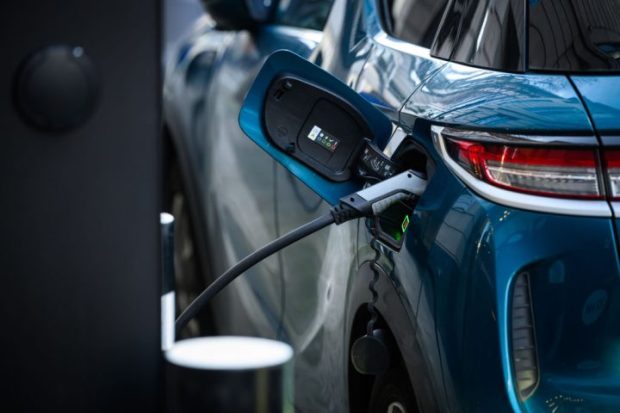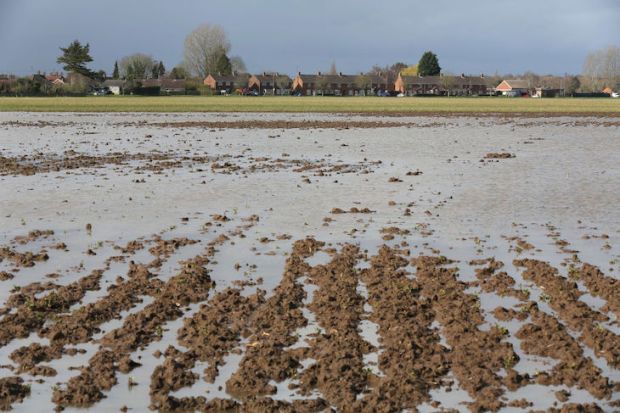‘A stain on our soul’. That was how Gordon Brown, in his latest missive on the subject, described the failure of the west to ensure that the whole world is vaccinated. In a previous attack on western policy — at the end of November, just as Omicron was emerging — he wrote of “hoarding” and ‘vaccine nationalism’.
Take Africa: it is certainly true that vaccination rates in many countries are very low. While the UK has managed to deliver 195 doses per 100 people, Nigeria has only managed seven, Ethiopia and Somalia nine, and Chad and South Sudan two. Can all this be blamed on the failure of western nations to donate vaccines?
Vaccinating an entire population is not just a case of having enough vaccines: you also need a healthcare system capable of delivering the doses to where they are needed and enough qualified staff to administer the inoculations. That is a problem in many countries, and there are stories of developing nations disposing of vaccines because they could not be distributed in time.
It certainly would be good for everyone if the level of vaccination in African countries could be increased. But here is the paradox: the countries with the lowest vaccination rates also have among the world’s lowest death rates from Covid. While the UK death toll stands at 2,175 per million, that for Nigeria is just 14 per million, Ethiopia 58, Somalia 81, Chad 11 and South Sudan 12. There may of course be some under-reporting here, but there are also some good reasons why these countries should have low death rates. Covid is, as has been clear from the very beginning, a disease which kills predominantly the elderly. Many of the lower-vaccinated countries have very different age profiles to Britain and other western countries — a high percentage of their populations are young people at little risk of dying from Covid. Moreover, like many other respiratory viruses, Covid appears to flourish in temperate regions, and at colder times of year, too — just look how it has exploded in the past two years through autumn and early winter. It may also be that there is more outdoor and less indoor mixing in sub-Saharan countries.
Covax — the initiative whereby wealthy countries are helping to get Covid vaccines to poor countries — has far undershot its target of distributing two billion doses by the end of 2021. But it is hardly sleeping, either. It has so far succeeded in distributing 900 million doses, 309 million of which went out in December alone.
But let us assume for a moment that Gordon Brown had got his way and the UK government, along with other western governments, had diverted vaccine doses used in the past few months to developing countries. That would have meant no — or a much slower — booster programme in Britain. Indeed, as late as August last year, the WHO was imploring developed countries not to go ahead with booster programmes and instead to donate their doses to less-vaccinated countries. Yet the government’s prescience in ordering the booster programme — long before the Omicron variant even existed — surely stands out as one of its better decisions during the pandemic.
If you look at it from afar, vaccine doses have been delivered in recent months to where they were most needed: to European and North American countries where Covid has seemed to spread the most easily. To have diverted doses to sub-Saharan Africa would have been the equivalent of diverting malaria and Ebola medicines from Africa to Europe, where those diseases have not taken hold. Infectious diseases do not spread themselves equally around the world. And in the case of Covid, it is here, in the temperate regions — as well as South America, for some reason — where the need for vaccines has been greatest. We do not need to feel shame that we have been vaccinated first.
Got something to add? Join the discussion and comment below.
Get 10 issues for just $10
Subscribe to The Spectator Australia today for the next 10 magazine issues, plus full online access, for just $10.





















Comments
Don't miss out
Join the conversation with other Spectator Australia readers. Subscribe to leave a comment.
SUBSCRIBEAlready a subscriber? Log in